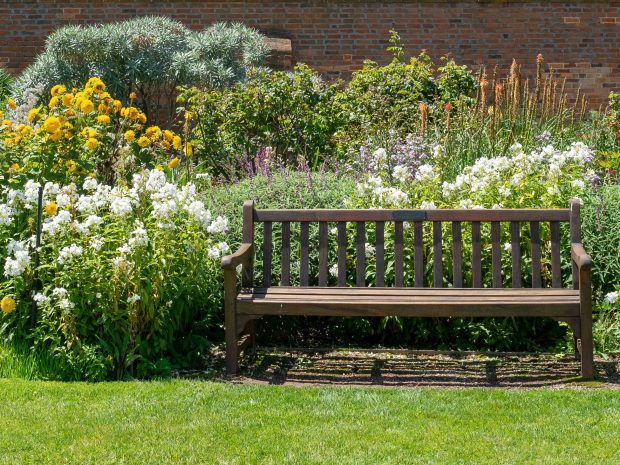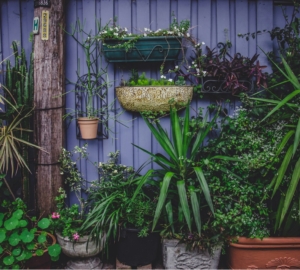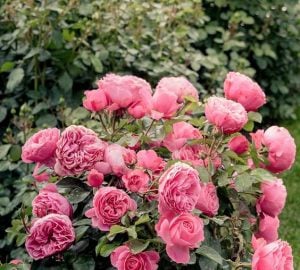If you are a beginner gardener, the spring season may induce a bit of anxiety or overwhelm you. One way to get started is by dispelling a few common myths that often hinder rather than help. Just because you’ve never started a garden before, that doesn’t mean you can’t have success in your first season. You’ll be able to relax once you learn that a lot of the things intimidating you are actually just myths.

Ready to separate the flowers from the weeds? Take a look at the myths sabotaging your gardening success.
Myth #1: It is too hard to incorporate new plants
Understandably, beginner gardeners believe it is hard to propagate plants when starting a new garden. However, with some guidance and a quick search to understand when the best time to begin is, you will be growing seedlings in no time.
Gardening retailers like GardenTap also simplify the whole process by offering ready-made kits for various plants. Complete with essentials like fabric pots, essential plant nutrients, netting, and pest traps, you’ll be leaps and bounds ahead of the rookie plant parent. Not only will these kits save you a trip (or two) to the nearest home improvement store, but they’ll fast-track growth and reduce the risk of wilting, browning, or any other warning signs that the end is near.
Myth #2: You have to water all plants daily
You may be used to watering your indoor plants or those in containers daily, but plants in the ground don’t need daily watering. You want the roots of the plants to learn to be self-sufficient, so it is best to water a couple of times a week.
Myth #3: Drought-tolerant plants do not need watering
Almost all plants, even drought-tolerant plants such as sage and cacti, need to establish roots in their first year. Once this has happened, a monthly watering for these plants is sufficient. The general rule is to keep the soil around the plant moist, not soggy.
Myth #4: Organic pesticides are less toxic than synthetic ones
It seems reasonable to believe that using an organic pesticide in your garden would be best. It is not necessarily the case. Natural toxins can be just as harmful to plants, humans, and animals if not used properly. All-natural remedies don’t contain toxins while still nipping common pest problems in the bud. However, you will need to look for more heavy-duty pesticides, should you find yourself dealing with an advanced infestation past the point of (seemingly) no return.
Myth #5: If a little fertilizer is good, then more is even better
It is possible to have too much of a good thing, and more is not better in the case of fertilizer. Fertilizers can burn the roots of a plant if the salt levels in the soil increase to toxic levels due to over fertilizing. Measure carefully and go by the guidelines given.
Myth #6: You can sweeten tomatoes by adding sugar to the soil
Plant roots absorb minerals and moisture, but not sugar. You will have better luck planting a leafier heirloom variety for a sweeter tomato. And make sure it gets plenty of time in the sun, as sugar is created through photosynthesis, not absorbed through the soil.
Final word
Some people don’t even attempt to plant a garden because they think they don’t have a green thumb. If an outdoor garden feels too overwhelming, you could start with smaller-scale vertical gardening that can begin inside your home. From there, you can move on to your first outdoor garden.



